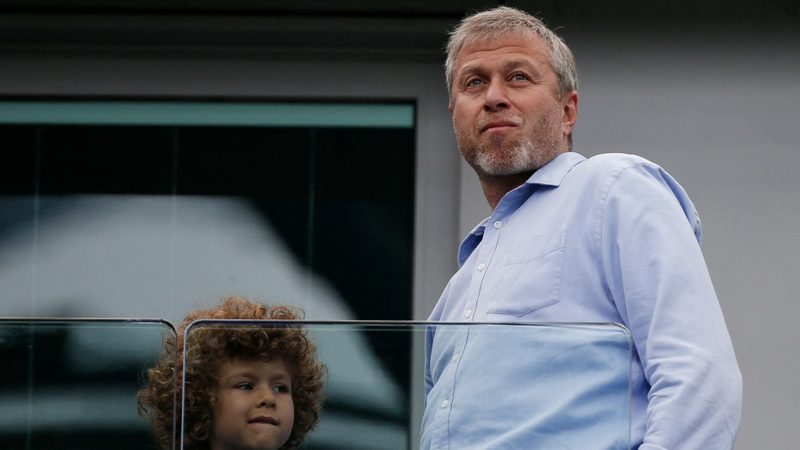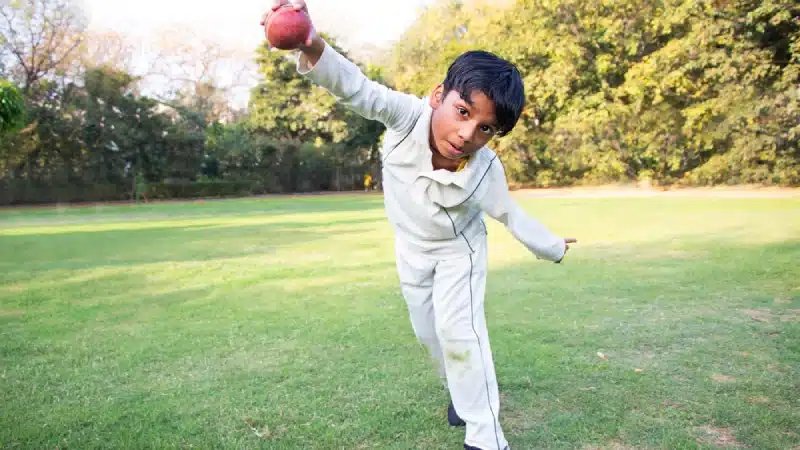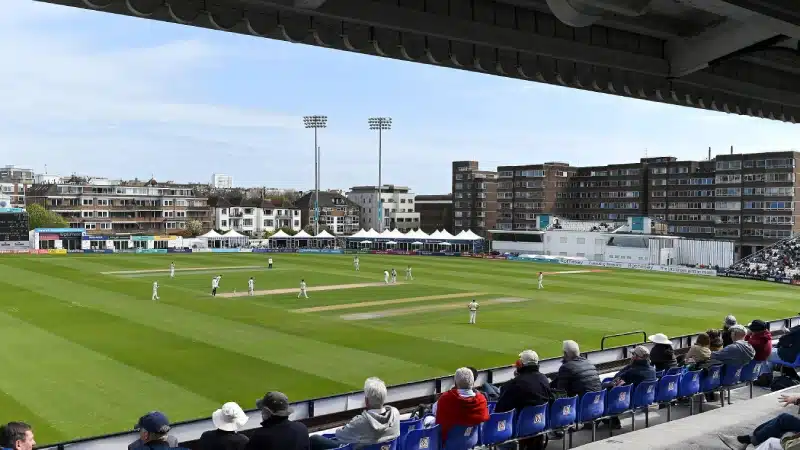
As a result of Russia’s invasion of Ukraine, Chelsea’s oligarch owner Roman Abramovich was hit with sanctions by the UK government on Thursday.
This effectively means the assets of billionaire Abramovich, including Chelsea Football Club, have been frozen. This, in turn, also hinders his attempts of selling the club, which are now at least temporarily on hold.
“Abramovich is associated with a person who is/has been involved in destabilising Ukraine and undermining/threatening territorial integrity, sovereignty & independence of Ukraine, namely Vladimir Putin, with whom (he) has had close relationship for decades,” read an excerpt from the government’s sanction paper.
It’s important to note that the sanction does not restrict the day-to-day operations of the team, as the players and staff will continue to be paid as long as Abramovich does not make any more profit out of it. The team has received a special exemption due to their ‘important role in sport and society’.
Why is Roman Abramovic selling Chelsea?
On March 2, 2022, Roman Abramovich officially put Chelsea up for sale, hoping to avoid any potential personal sanction from the UK government. While it was initially believed the new owner would be finalised within a week, the Russian billionaire was hit with sanctions before anything could materialise.
Sky Sports reported Abramovich rejected one offer that was worth £2.5 billion because he was adamant about his asking price of £3 billion being met. However, ever since the sanction has been imposed on him, the UK government granted a special licence that could effectively allow the sale of the club to go through, albeit at a lower price and without Abramovich making any profit.
The officials working on the deal are already aware of the fact that any proceeds from the sale will go to a fund for victims of the war in Ukraine. It’s important to understand that this was made clear when Abramovich put Chelsea up for sale.
Is Chelsea under a transfer ban?
Short answer, yes!
As part of the sanction, Chelsea are effectively under a transfer ban, meaning that they cannot make any new signing - permanent or on loan - until further notice.
The government’s explanation of Chelsea’s licence says the team can make “inter-club payments to discharge obligations which existed before 10 March 2022 under player loan/sale arrangements”.

This means the team is also unable to open contract negotiations with the players who will be without one at the end of the season. This includes as many as three first-team defenders in Andreas Christensen, Cesar Azpilicueta and Antonio Rudiger. Although it is speculated that the Blues could manage to find a loophole for Azpilicueta’s deal.
It was reported that the team had a clause in Azpilicueta’s contract that would allow them to tie him up for another year. Given how things have panned out, they are likely to exercise that option.
Meanwhile, the club is also unable to sell or loan players as this effectively brings profit. A huge problem in that regard remains unsolved as they were hoping to cash in on the likes of Ross Barkley, Ruben Loftus-Cheek, Michy Batshuayi, Ethan Ampadu and Tiemoue Bakayoko, all of whom are currently deemed surplus to requirement at the club.
Can Chelsea sell match tickets?
Short answer, no!
At this moment, Chelsea are barred from selling additional match tickets, with only season ticket holders allowed to attend the matches.
As mentioned earlier, every operation done before March 10 will be valid. This means if someone has made advance bookings, they can still watch the games played after March 10 live. Chelsea cannot really sell tickets for away matches either. Only the season ticket holders will be able to watch their team play.
In case you are wondering whether the team can sell tickets for next season, the answer is still no as things stand. Furthermore, Chelsea aren’t allowed to sell club merchandise either as it will bring in profits.
Chelsea’s shirt sponsor Three, a mobile phone and telecommunication company, have also temporarily suspended their sponsorship, directing the club to remove the company’s logo from the shirts and stands at Stamford Bridge until further notice. Nike may also follow suit.
Featured photo: AFP / Adrian Dennis




















